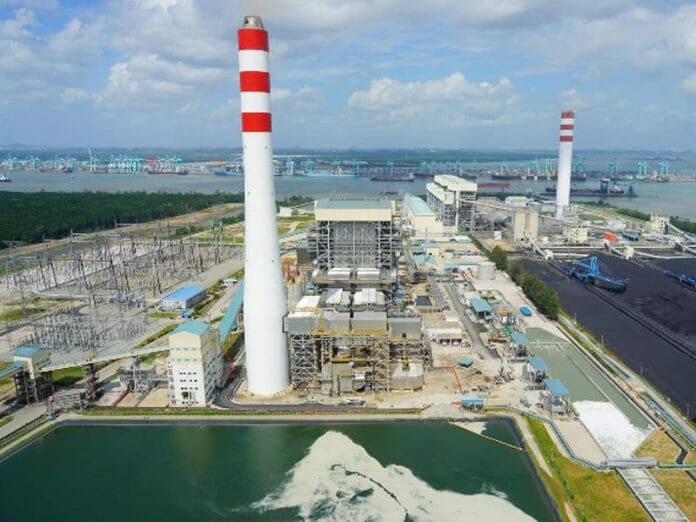With core prices set to normalise, the fuel margin impact may still affect Malakoff Corp’s bottomline, albeit, to a moderate extent.
“Our BUY call is largely premised on the company’s decent dividend yields and resilient future earnings, anchored by the Alam Flora contribution as well as a better plant stability,” said RHB Research (RHB) in the recent Malaysia Results Review Report.
1H23 core net losses of RM394m came in below expectations, due to a substantial negative fuel margin. This, in turn, was the result of the volatility in applicable coal prices. A first dividend per share of 1.5 sen was declared.
Revenue increased by 2% YoY in 2Q23 on the back of higher energy payments and capacity income from the Tanjung Bin Energy (TBE) plant masking weaker contribution from the Tanjung Bin Power (TBP) and absence of GB3 power plant’s revenue following the expiry of the power purchase agreement (PPA) in Dec 2022.
“That said, Malakoff recorded a core loss of RM319m, no thanks to the negative fuel margin impact, lower JV & associate contributions and higher operating insurance costs,” said the research house.
This, however, was partially cushioned by lower finance costs and depreciation charges. 2Q23 core loss widened by 3.2x to RM319m was also due to the negative fuel margin impact as well as higher operation and maintenance costs.
As coal prices are expected to moderate going forward, we may continue to see fuel margin fluctuations affecting Malakoff’s bottomline this year.
“In July, the company achieved financial close on the 84MW hydroelectric renewable energy plants in Kelantan. We are generally positive on the venture as, with this, its net renewable portfolio rises to 100MW,” said RHB.
Note, this achievement still lags behind its targets of 1000MW (for 2026) and 1,400MW (for 2031).
“The biomass cofiring project has been identified as one of the flagship catalyst projects under the National Energy Transition Roadmap at the existing 2,100 MW TBP plant, which involves the burning of biomass along with coal,” said RHB.
The pilot phase is slated in 2024, with a gradual increase of up to 15% biomass cofiring capacity by 2027. In the meantime, Alam Flora’s performance should continue to underpin Malakoff’s earnings.
Downside risks identified by RHB are the higher-than-expected plant outages and operating expenses.









